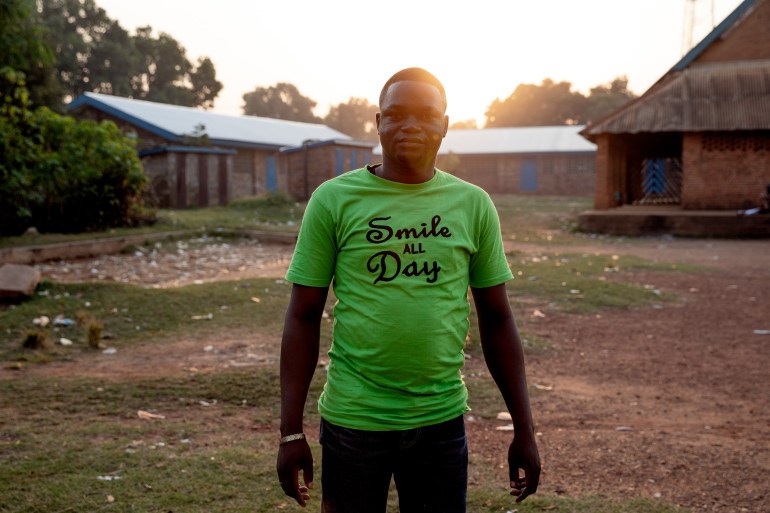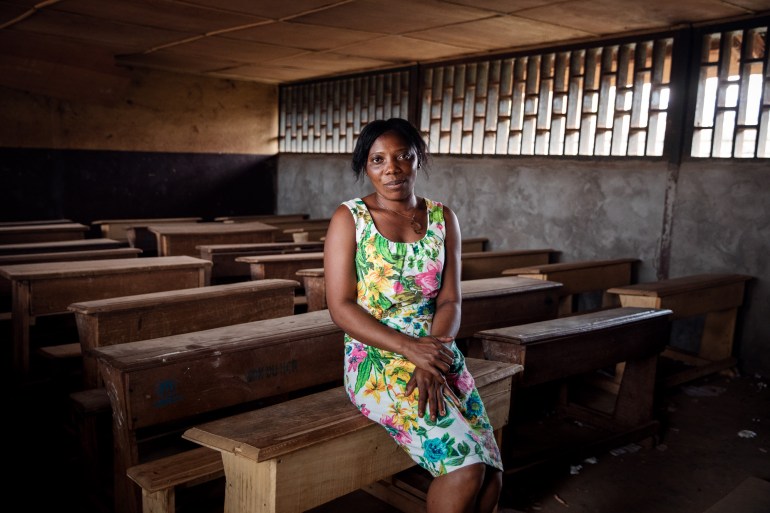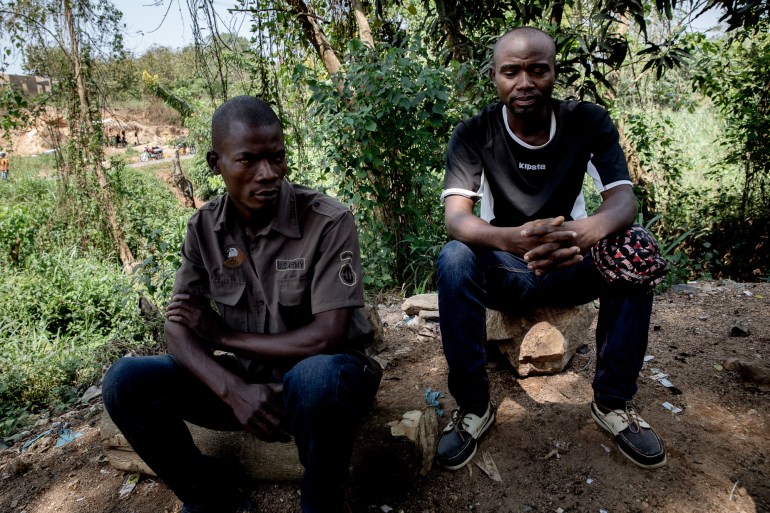The Central African Republic (CAR) is due to go the polls on Sunday for presidential and parliamentary elections.
On Saturday, the constitutional court denied opposition requests to delay the elections, ensuring they will go ahead as planned, despite an escalating threat of violence.
Earlier, unidentified “armed combatants” killed three United Nations peacekeepers, hours after a rebel coalition fighting the government called off a unilateral truce and reiterated calls for the suspension of the polls.
The UN’s human rights office, OHCHR, warned days ago that armed violence posed a serious threat to the security of civilians and their right to vote.
A new rebel alliance has recently clashed with security forces in different parts of the country, including near the capital, Bangui, the OHCHR said on Wednesday.
President Faustin-Archange Touadera is seeking a second term governing the country of five million on Sunday.
Earlier this month, the court rejected former President Francois Bozize’s presidential candidacy, saying he did not satisfy the “good morality” requirement because of an arrest warrant and UN sanctions against him for allegedly ordering assassinations, torture and other crimes when he was president.
CAR, which is rich in diamonds, timber and gold, has experienced five coups and numerous rebellions since independence from France in 1960. It has been gripped by insecurity since Bozize was overthrown in 2013.
President Touadera’s international security partners, including Russia, France and Rwanda have responded to the violence by sending troops and equipment.
Here is what people in CAR told Al Jazeera about the current situation in the country and their thoughts on the elections:
Alexander Cyril Ngozo, 30
 [Adrienne Surprenant/Al Jazeera]
[Adrienne Surprenant/Al Jazeera]“We are going through a crisis but the government wants these elections to take place, regardless of the pressure enforced by the armed groups. Since the moment that ex-president Francois Bozize registered his candidacy without complying with all the requirements, I have been doubtful, thinking that problems could happen.
“I’m especially worried for my fellow citizens in the countryside. They are people who don’t do politics. What is happening is not in their interest and they are the ones finding themselves in this bad situation once again.”
Rusquin Ganzo, 28
 [Adrienne Surprenant/ Al Jazeera]
[Adrienne Surprenant/ Al Jazeera]“It’s because almost all of the territory is occupied by the rebels. I’m perplexed given the security situation that prevails. We are a democratic country but have always been in different political and military crises.
“For now, we feel a bit of peace in Bangui, but in the regions, rebels have started to fight again ahead of the elections. For now, I’m seeing a humanitarian crisis lingering on the horizon. With recent events, it is very complicated for my fellow citizens that took refuge in the forest.”
Yvonne Vola, 80
 [Adrienne Surprenant/ Al Jazeera]
[Adrienne Surprenant/ Al Jazeera]After a rumour that the rebel coalition was heading to Bangui, panic took over the capital.
“I’m already old, but I had to flee that morning. I don’t think it was true, it was one of those things that were just said. But people shouted and told everyone to run. I was scared. It reminded me when the Seleka [rebel armed groups alliance] arrived.
“I have taken my voting card and I will go vote. It is my country, and I will vote to find lasting peace. I want peace to continue selling my things. With nine children, I have to make a lot of effort. Without peace, it does not work. We will be hungry.”
Gypsiane Dhot, 26
 [Adrienne Surprenant/ Al Jazeera]
[Adrienne Surprenant/ Al Jazeera]“We had a very sad day, where people came massively to collect their cards in the morning but with rumours and fear, almost nobody came in the afternoon,” she said, as the distribution of cards was extended for a day after panic in Bangui over rumours that the rebels had arrived.
“I want Sunday to come quickly, to do my role. We want to vote for our new president so he can bring peace to the country. For now, there is no peace in the provinces. People die because of the rebels and they don’t know if they have security.”
Innocent Sanzima, 33
 [Adrienne Surprenant/ Al Jazeera]
[Adrienne Surprenant/ Al Jazeera]He said: “We have the right to go and vote on Sunday. I will go to the office a kilometre away from here [to vote] because we are seeking a president that can manage this country well. We are in uncertainty, often, the UN forces are there, but the armed groups can come.
“There are currently lots of people [talking shelter] in the bushes, behind the hill. People pass with their luggage. We come on the road to see what is happening. We are always victims on this road, it reminds us of the bad memories when the Seleka came. My brother was shot and we lost many things.”
Reporting by Adrienne Surprenant in Bangui
"What" - Google News
December 26, 2020 at 06:33PM
https://ift.tt/3nU4DLG
‘Lingering crisis’: What people in CAR think about Sunday’s polls - Al Jazeera English
"What" - Google News
https://ift.tt/3aVokM1
https://ift.tt/2Wij67R
Bagikan Berita Ini














0 Response to "‘Lingering crisis’: What people in CAR think about Sunday’s polls - Al Jazeera English"
Post a Comment